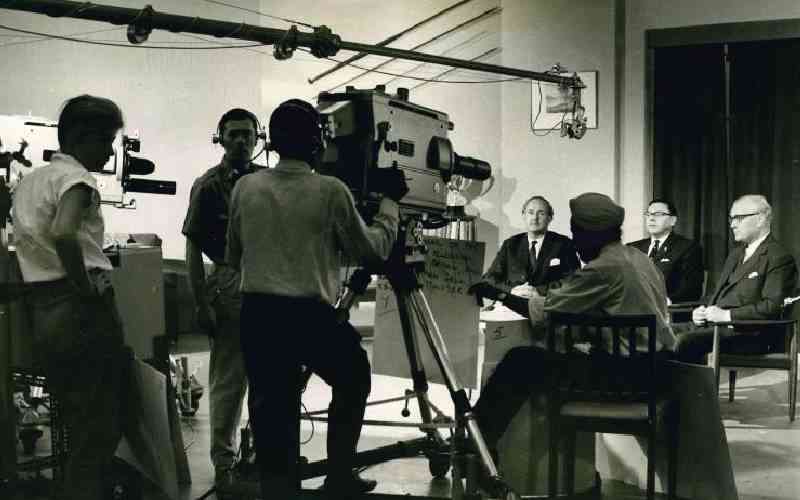×
The Standard e-Paper
Join Thousands Daily

When British authorities completed the construction of the Uganda Railway, or the "Lunatic Express" in 1903, they had to find ways of paying back taxpayers' money amounting to PS5.3 million, funds deemed to have been unwisely invested.
The local population was judged as too laid-back to be of any economic use except as a source of cheap labour. The only viable option was to bring in white settlers with agricultural knowledge.